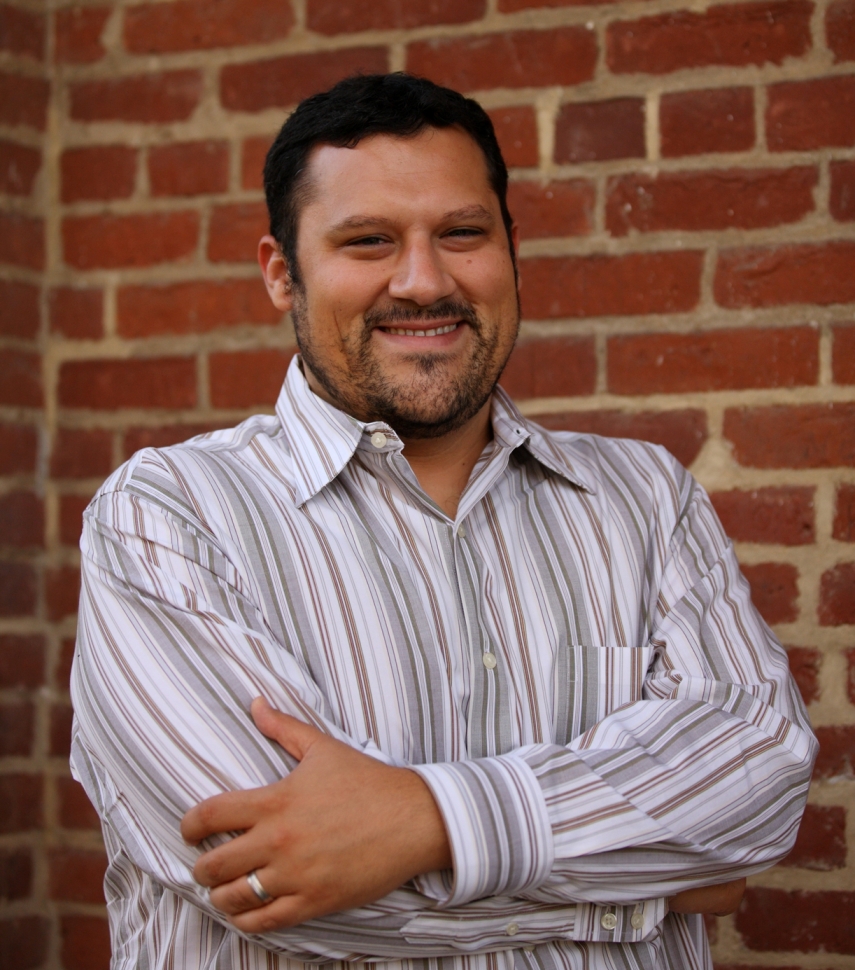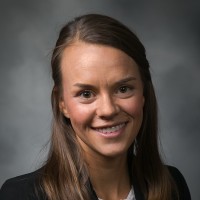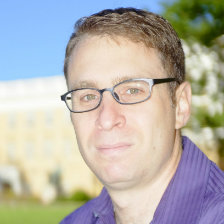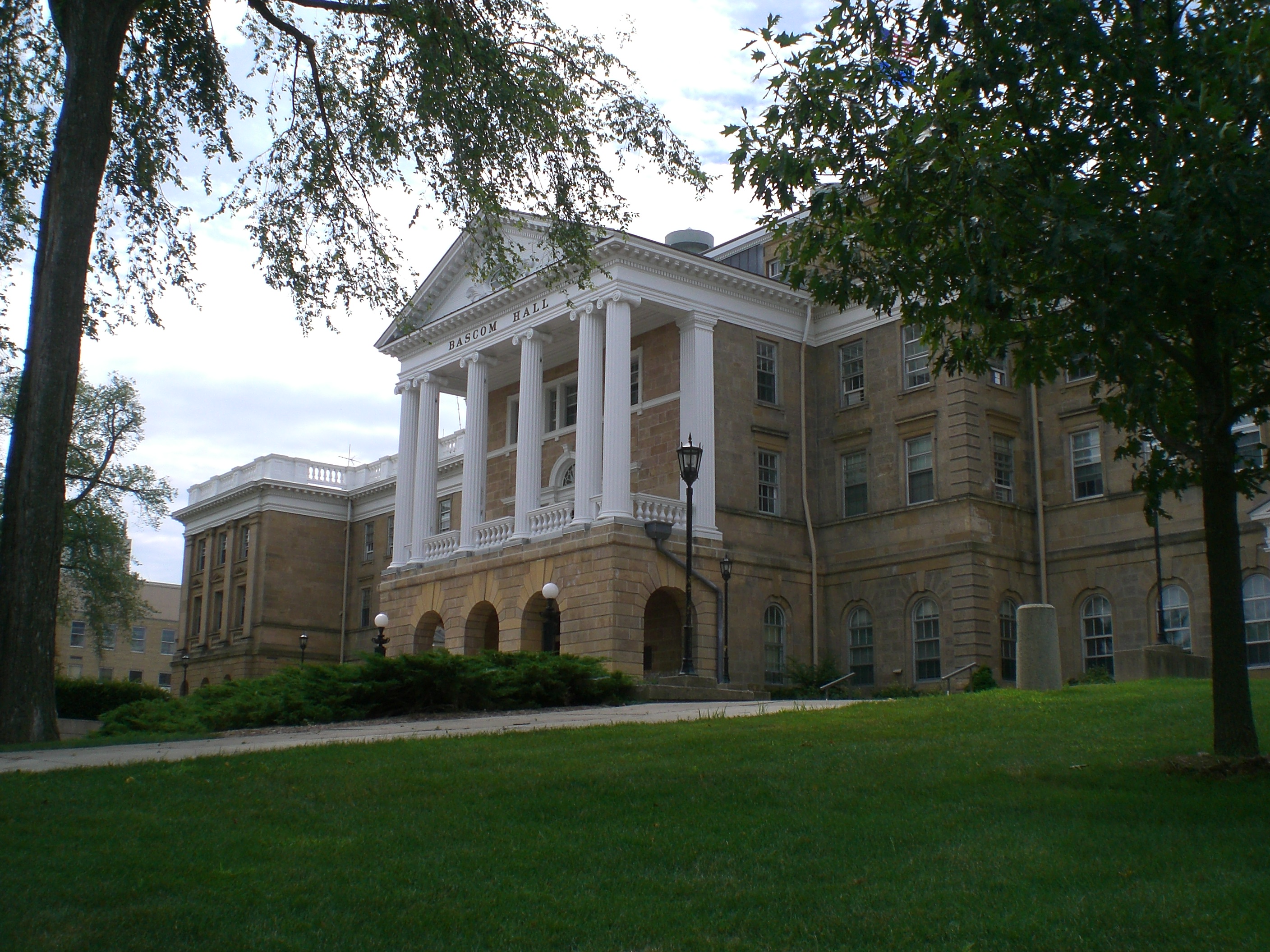Political Economy, Philosophy, and Politics Roundtable: “Patriotism and Dissent”
The Political Economy, Philosophy, and Politics Roundtable at the University of Wisconsin-Madison, a JMC partner program, will be hosting a panel on “Patriotism and Dissent.” Faculty partner Nicholas Buccola and Lucy Williams will discuss the relationship between patriotism and dissent, focusing on American politics and political thought while Daniel Kapust moderates. Following the presentations, the floor will be open to participants to ask questions.
Thursday, February 11, 2021, 6:00 PM CST
Free and open to the public.
 Nicholas Buccola is the Elizabeth & Morris Glicksman Chair in Political Science at Linfield College. His teaching and research interests are in political theory and public law. Professor Buccola is the founding director of the Frederick Douglass Forum on Law, Rights, and Justice, a partner program in JMC’s Pacific Northwest Initiative, and has written extensively on the political thought of Frederick Douglass. He has published essays on a wide variety of topics including the debate over same-sex marriage, Friedrich Nietzsche’s critique of socialism, and the political philosophies of Judith Shklar and Leo Strauss. He is a recipient of the Allen and Pat Kelley Faculty Scholar Award, and a two-time recipient of the Samuel Graf Faculty Achievement Award. Professor Buccola is also the book review editor for the JMC supported journal, American Political Thought.
Nicholas Buccola is the Elizabeth & Morris Glicksman Chair in Political Science at Linfield College. His teaching and research interests are in political theory and public law. Professor Buccola is the founding director of the Frederick Douglass Forum on Law, Rights, and Justice, a partner program in JMC’s Pacific Northwest Initiative, and has written extensively on the political thought of Frederick Douglass. He has published essays on a wide variety of topics including the debate over same-sex marriage, Friedrich Nietzsche’s critique of socialism, and the political philosophies of Judith Shklar and Leo Strauss. He is a recipient of the Allen and Pat Kelley Faculty Scholar Award, and a two-time recipient of the Samuel Graf Faculty Achievement Award. Professor Buccola is also the book review editor for the JMC supported journal, American Political Thought.
Professor Buccola is a JMC faculty partner.
Learn more about Nicholas Buccola >>
 Lucy Williams is an Assistant Professor of Political Science at Brigham Young University. She earned her J.D. from the UCLA School of Law and her Ph.D. in political science from UCLA. Professor Williams’s research is in the area of American political thought and explores relationships between American exceptionalism, political rhetoric, and citizenship practices. Her teaching interests are broad and include all varieties of political theory (ancient, medieval, early modern, contemporary), public law, and legal philosophy.
Lucy Williams is an Assistant Professor of Political Science at Brigham Young University. She earned her J.D. from the UCLA School of Law and her Ph.D. in political science from UCLA. Professor Williams’s research is in the area of American political thought and explores relationships between American exceptionalism, political rhetoric, and citizenship practices. Her teaching interests are broad and include all varieties of political theory (ancient, medieval, early modern, contemporary), public law, and legal philosophy.
Learn more about Lucy Williams >>
 Daniel Kapust is a Professor of Political Theory in the Department of Political Science at the University of Wisconsin, Madison. Professor Kapust’s research focuses on the history of political thought, especially Roman, Florentine, early modern, and 18th century, with thematic interests in rhetoric, empire, classical receptions, democratic theory, and the republican tradition. His first book, Republicanism, Rhetoric, and Roman Political Thought: Sallust, Livy, and Tacitus, was published by Cambridge University Press in 2011; his second book, Flattery in the History of Political Thought: That Glib and Oily Art, was published by Cambridge University Press in 2018. He has published or had accepted for publication articles and chapters on Hobbes, Machiavelli, Rousseau, Cicero, Sallust, Livy, Lucretius, Smith, Tacitus, and 18th century American political thought, along with topics including flattery, republicanism, rhetoric, censorship, and political fear. He is currently working on a new book project on imperial republics (The Tragedy of an Imperial Republic). He is also the Director of the Political Economy, Philosophy, and Politics Certificate Program.
Daniel Kapust is a Professor of Political Theory in the Department of Political Science at the University of Wisconsin, Madison. Professor Kapust’s research focuses on the history of political thought, especially Roman, Florentine, early modern, and 18th century, with thematic interests in rhetoric, empire, classical receptions, democratic theory, and the republican tradition. His first book, Republicanism, Rhetoric, and Roman Political Thought: Sallust, Livy, and Tacitus, was published by Cambridge University Press in 2011; his second book, Flattery in the History of Political Thought: That Glib and Oily Art, was published by Cambridge University Press in 2018. He has published or had accepted for publication articles and chapters on Hobbes, Machiavelli, Rousseau, Cicero, Sallust, Livy, Lucretius, Smith, Tacitus, and 18th century American political thought, along with topics including flattery, republicanism, rhetoric, censorship, and political fear. He is currently working on a new book project on imperial republics (The Tragedy of an Imperial Republic). He is also the Director of the Political Economy, Philosophy, and Politics Certificate Program.
Professor Kapust is a JMC faculty partner.
Learn more about Daniel Kapust >>
“The Political Economy, Philosophy, and Politics (PEPP) Certificate is rooted in a core insight: social, economic, and political problems have ethical, political, and economic dimensions. If we move from the insight behind the program to what it means in practice, we can see that understanding, for example, immigration requires understanding it from political, economic, and ethical perspectives. In short, understanding the pressing political, economic, or philosophical problems of the day entails seeing them from a perspective that brings together all three disciplines. As a result, the PEPP curriculum brings together faculty and coursework from three different academic departments: Economics, Philosophy, and Political Science. This cross-disciplinary curriculum is important not just for intellectual development, but also for fostering the habits of mind central to democratic citizenship.”
Learn more about the Political Economy, Philosophy, and Politics Program >>
![]()
![]() Follow us on Facebook and Twitter for updates about lectures, publications, podcasts, and events related to American political thought, United States history, and the Western political tradition!
Follow us on Facebook and Twitter for updates about lectures, publications, podcasts, and events related to American political thought, United States history, and the Western political tradition!
Want to help the Jack Miller Center transform higher education? Donate today.
